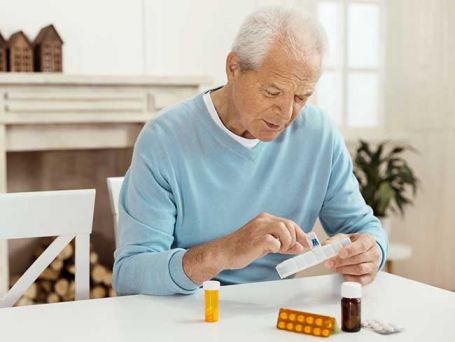Can home carers give medication?
According to legal guidelines, it is permissible for any individual who has been designated by the person receiving the medication to administer it, provided that the medication has been prescribed by a licensed healthcare practitioner.

Monitoring BY CQC
The Importance Of Home Care Assistants
Tools And Practices Available
Consent And Confidence
Monitoring BY CQC
The home care industry is closely monitored by a body called the Care Quality Commission, and one area they measure is any involvement in administering medication, to ensure proper procedures, reporting and recording take place.
As people in our care are often vulnerable and elderly, it could well be that they are on a mixture of tablets and this can be confusing for them to keep track of themselves. If they have mild to moderate dementia, it can be even more overwhelming and potentially could lead to medical errors affecting their health and well-being.
The Importance Of Home Care Assistants
What’s important is that designated carers provide help and assistance, while maintaining as much confidentiality and independence as possible. Home carers are not nurses, and will always defer to medical staff when an incident or medical need exceeds their training.
It could be that the person who needs home care can play a central role in taking their own tablets, sprays or liquid medicine, but they just need to be supervised.
A trained, designated home carer could be there to support the client in taking control – at the same time as ensuring all safeguarding procedures are in place and the person is not putting themselves at risk.
Tools And Practices Available
Medical staff and pharmacists can help to supply medications in forms and measurement devices that make it easier for people to take some responsibility for their medication – even those with dementia. This includes boxed devices with days and times on, only supplying medications in small, regular amounts and clear instructions in large print.
Home carers – with proper support and authorisation – can then supervise people in their care, to follow instructions, take their tablets or liquids, apply patches and use sprays. This can mean gently supporting a shaking hand, getting water in a glass or beaker, and helping note down times and dosages.
Consent And Confidence
No home carer should ever take an active role in administering medications against the will of the individual. Their consent is crucial, and if that consent is withdrawn, home carers will alert medical professionals and family. Force, coercion or secretly crushing pills into food or drinks will never be part of a home carer’s role.
It is vital that person-centred care is central to home care services. Which means protecting independence and dignity in every way possible. For more information on home care services, contact us at The Great Care Company today.
View Our
Information Categories
Require some assistance?
Our team of compassionate care specialists is ready to support you. Don’t hesitate to request a callback today for expert advice and guidance.